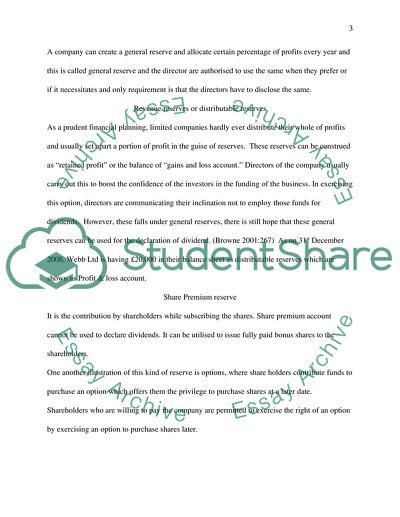Cite this document
(Special Features of Corporate Law Assignment Example | Topics and Well Written Essays - 3750 words, n.d.)
Special Features of Corporate Law Assignment Example | Topics and Well Written Essays - 3750 words. Retrieved from https://studentshare.org/law/1722595-corporate-law
Special Features of Corporate Law Assignment Example | Topics and Well Written Essays - 3750 words. Retrieved from https://studentshare.org/law/1722595-corporate-law
(Special Features of Corporate Law Assignment Example | Topics and Well Written Essays - 3750 Words)
Special Features of Corporate Law Assignment Example | Topics and Well Written Essays - 3750 Words. https://studentshare.org/law/1722595-corporate-law.
Special Features of Corporate Law Assignment Example | Topics and Well Written Essays - 3750 Words. https://studentshare.org/law/1722595-corporate-law.
“Special Features of Corporate Law Assignment Example | Topics and Well Written Essays - 3750 Words”, n.d. https://studentshare.org/law/1722595-corporate-law.


